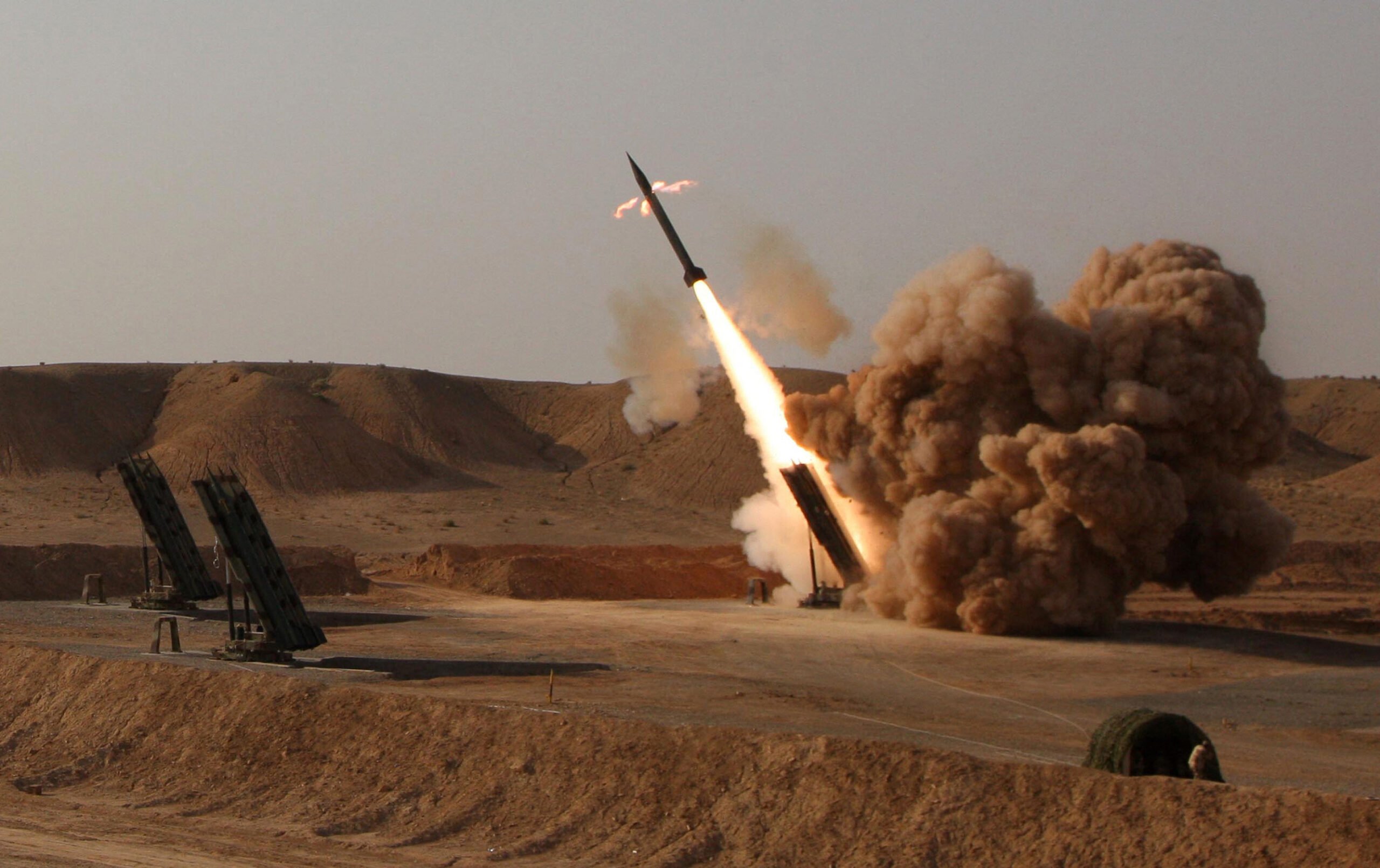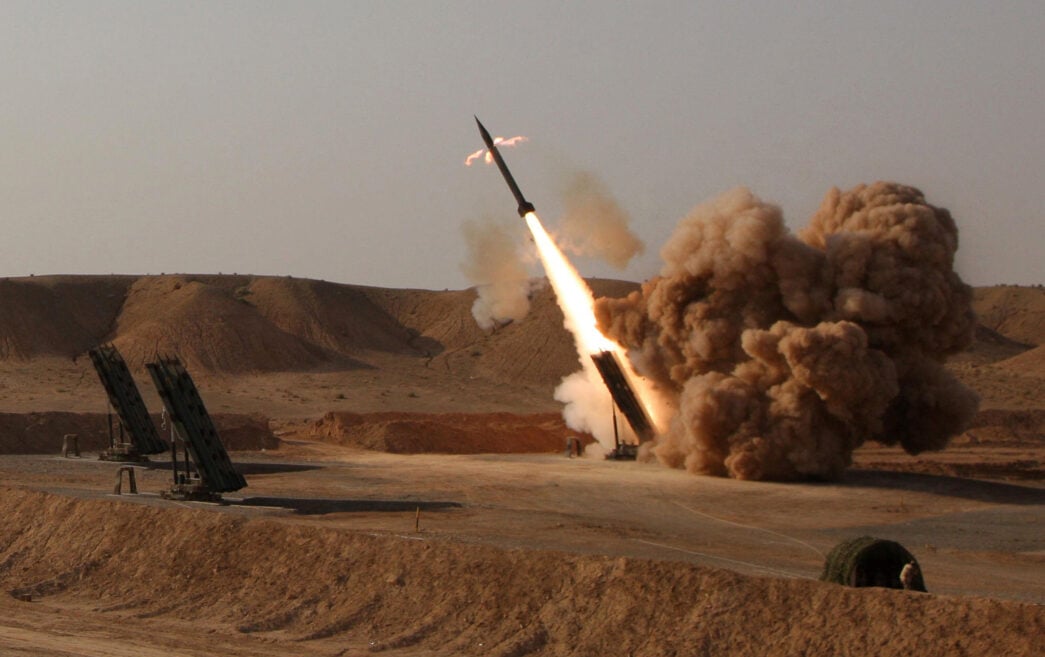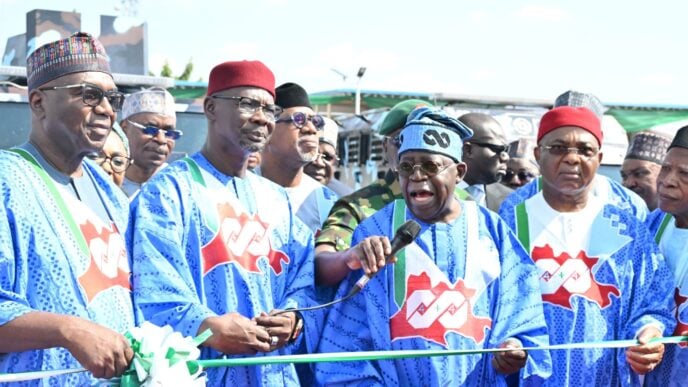The ongoing military confrontation between Iran and Israel marks a dangerous new strategic era with far-reaching implications for the African continent. The conflict’s true impact lies not in the immediate exchange of fire but in the broader geopolitical shifts it heralds. As the world grapples with the fallout from the Middle East hostilities and the ongoing Russia-Ukraine war, a new, overriding priority is emerging for nation-states: the pursuit of absolute security through control over national supply chains – a concept now extending far beyond physical goods to encompass the digital realm.
Recent events demonstrate that from microchips to military hardware, and indeed to the very applications we use daily, the intricate globalised network for moving goods and services has itself become a battleground. This shift towards ‘supply chain sovereignty’ and digital autonomy will inevitably create friction in the global economy, slowing the free movement of goods and information, and redefining Africa’s strategic challenges.
The conflict’s most visible effect across Africa is economic volatility. For the continent’s major oil-exporting countries, such as Nigeria and Angola, a spike in oil prices creates a brief illusion of a fiscal windfall. However, for the foreseeable future, structural weaknesses, including underinvestment and the terms of long-term contracts, often limit their ability to capitalise on such surges. For the vast majority of African countries that are net energy importers, the consequences are more severe. Rising global energy costs translate directly into higher domestic prices for fuel and transport, exacerbating inflation and putting immense pressure on household budgets and national finances.
Beyond economics, the conflict threatens to destabilise fragile security landscapes. Regions like the Sahel, already contending with extremist insurgencies, could see renewed ideological fervour, while a prolonged Middle East crisis risks diverting the attention and resources of Western security partners away from the continent.
Advertisement
While these challenges are significant, the most profound legacy of these new-era conflicts will be the weaponisation of the supply chain itself. Geopolitical struggle is no longer confined to traditional battlefields; it now targets the complex logistical and manufacturing chains that underpin a nation’s military and economic strength, and increasingly, its digital infrastructure.
The recent Israeli operation against Hezbollah provided a chilling demonstration of this reality. By compromising the supply chain of pagers, Israeli intelligence was able to tamper with thousands of devices, turning them into remotely detonated bombs delivered directly into the hands of their adversary. The lesson for global security is stark and unambiguous: trust in the integrity of manufactured goods sourced from or passing through complex international networks is broken. Any component, no matter how innocuous, can become a Trojan horse.
Similarly, the war in Ukraine has shown how globally sourced components can be assembled into highly effective, asymmetric weapons. Ukrainian drones, reportedly built with a mix of domestic and international parts, were smuggled deep inside Russian territory, using trusted supply chains, and eventually struck, hitting strategic bomber airfields and other critical assets.
Advertisement
This weaponisation of supply chains now extends into the digital realm, highlighting vulnerabilities that were once considered abstract. The recent actions by Iran and the US government underscore a growing distrust in internationally developed digital platforms. During the Israel-Iran conflict, and following stories that the owners of WhatsApp, Meta, had shared location data with the Israeli Mossad, the Iranian government called on its citizens to uninstall WhatsApp, and Indian media reported that Iranians began uninstalling Western communication apps, such as WhatsApp, Telegram, and Instagram, opting instead for homegrown alternatives like Eitaa, Soroush, Gap, Bale, Rubika, and Vrasty. This move reflects a broader national imperative to control digital information flows and mitigate perceived foreign interference. A few days later, the US House of Representatives banned WhatsApp from staff devices, citing significant security concerns over data protection and encryption, and instructed staff to use more secure alternatives, such as Signal.
These incidents, one driven by geopolitical tensions and the other by inherent security concerns, illustrate a universal realisation: digital platforms, much like physical goods, are supply chains that can be compromised or weaponised. This creates a dual pressure on all nations: first, to secure their incoming supply chains against tampering, and second, to control the outflow of dual-use technologies that could be used against them by an adversary. This applies equally to physical components and digital applications.
The inevitable consequence of this new reality is a global pivot towards ‘supply chain sovereignty’ and digital self-reliance. Nation-states can no longer afford the risks associated with opaque, just-in-time global logistics or reliance on foreign-controlled digital infrastructure. This will accelerate the trend of onshoring (bringing manufacturing home) and friend-shoring (restricting supply chains to trusted geopolitical allies). The demand for security and transparency will begin to override the logic of pure economic efficiency, creating new frictions that will slow the free movement of goods, services, and even information.
China’s foresight in establishing its Great Firewall—a comprehensive strategy to insulate its digital and industrial ecosystems from foreign interference—now appears prescient. By prioritising self-reliance in critical technologies, from semiconductors to telecommunications, Beijing has shielded itself from the vulnerabilities now plaguing nations dependent on external supply chains and digital platforms. While Western economies initially dismissed this approach as protectionist, the events of recent years—from trade wars to cyber-espionage scandals, and now the explicit weaponisation of digital tools—have validated China’s caution. Once the current hostilities subside, more nations are likely to follow this model, seeking to reduce their exposure to geopolitical blackmail and sabotage in both physical and digital domains.
Advertisement
For African countries, this presents a formidable dilemma. As a continent historically dependent on imports for everything from technology and pharmaceuticals to manufactured goods, and heavily reliant on global digital platforms, Africa is highly vulnerable in this new era of strategic fragmentation. Its nations have long benefited from the free flow of global trade and the open internet, but that very openness is now a source of significant risk.
The central challenge is no longer just about managing commodity prices or border security; it is about building genuine national and regional resilience, encompassing both physical and digital infrastructure. This will require a strategic re-evaluation of industrial and digital policy across the continent, demanding significant investment in developing secure, domestic, and intra-African supply chains and independent digital ecosystems, even if it comes at a higher initial cost.
The alternative—remaining dependent on an increasingly untrustworthy global system—is a risk the continent can ill afford in a world where a pager can be as dangerous as a missile, and a messaging app can be a national security vulnerability. The Iran-Israel conflict and the Russia-Ukraine war are not isolated crises but symptoms of a broader breakdown in globalised security, extending into the digital sphere. The lesson for Africa—and indeed the world—is that supply chains are no longer just economic arteries but potential vectors of attack, both physically and digitally.
China’s model of technological and industrial self-sufficiency, once viewed with scepticism, is now emerging as a blueprint for survival in an age of weaponised interdependence. Once the dust settles from current hostilities, nations with the means will inevitably move toward greater supply chain sovereignty, even at the cost of short-term efficiency. For Africa, the choice is stark: either invest in self-reliance now or remain perpetually exposed to the whims of an unstable global order. The era of blind trust in globalisation is over; the era of strategic autonomy has begun. Is Africa prepared for this new world?
Advertisement
Nwanze is a partner at SBM Intelligence
Advertisement
Views expressed by contributors are strictly personal and not of TheCable.














